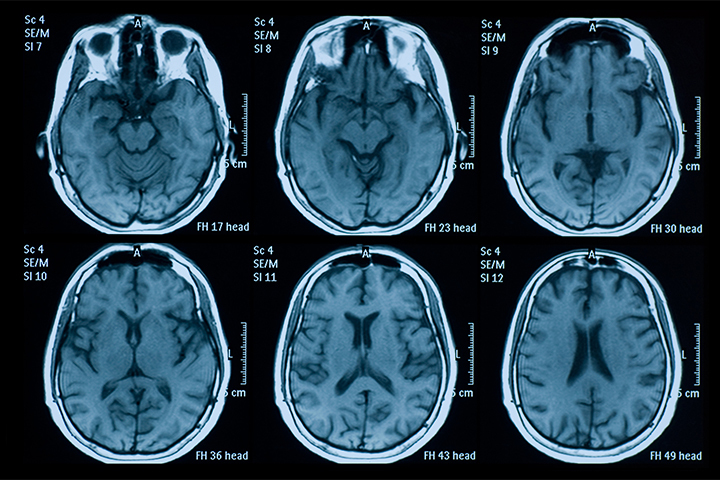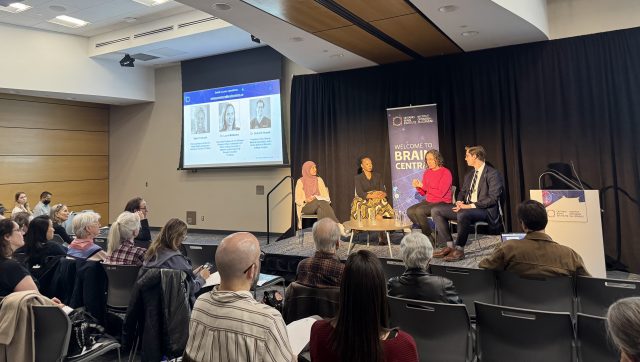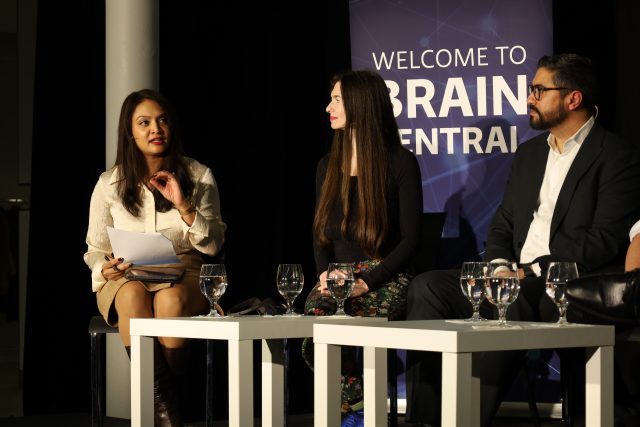Severe brain injuries can dramatically alter the trajectory of someone’s life. Take the case of Michael, not his real name, who suffered from a severe brain injury as the result of a motor vehicle collision. His injury meant that he struggled with poor memory, impulsivity, dysarthria, chronic pain, emotional dysregulation, poor money management and many other problems.

With all the changes in his life he experienced a considerable amount of anxiety and depression. A physical altercation landed this individual in the court system, and that’s when the Ontario Brain Injury Association (OBIA) stepped in to help him and his legal team navigate the criminal justice system, which is not set up for individuals living with brain injuries.
This meant attending numerous meetings – and making sure they were scheduled to accommodate the disability, and seeing the individual through the probation process, a community reintegration plan, and several medical appointments. A journey that ultimately resulted in this individual being accepted into an Acquired Brain Injury Program.
A situation like this can be taxing on any individual, and especially a person with a brain injury. The team at OBIA worked closely with this gentleman’s family physician, his personal injury lawyer, a community-housing worker and many other experts in navigating the system. Thanks to this integrated model of care, this gentleman has another chance at life and the best possible care for his recovery, something that may not have been possible without a community-led resource such as OBIA.
OBIA’s Brief Intensive Case Management – Acquired Brain Injury Program oversees a vast number of diverse situations. After being named one of the Ontario Brain Institute’s GEEK recipients, receiving $140,000 over two years, they’ve been able to achieve much more success.
OBI’s GEEK funding was targeted to bolster the Brief Intensive Case Management, an initiative that connects individuals living with acquired brain injury and co-occurring diagnoses of addictions and/or mental illness to primary care and other services. The program supports an integrated model of care to support these individuals with complex needs.
Most importantly, the support from OBI-GEEK program allowed the Brief Intensive Case Management program to remain operational, while also creating an opportunity to secure further funding. The additional financial support, OBIA has become better positioned to evaluate the effectiveness of their program.
“When I met with the original funder of this program and they learned that OBI-GEEK had funded this program with a strong evaluation component, the funder was eager to re-invest in the program,” said Ruth Wilcock, executive director with OBIA. “They have given us money to expand the program to another community in North Eastern, Ontario.”
The funding has supported clients in accessing essentials such as housing, income support, medical care, specialized appointments and lessening the burdens experienced by caregivers.
In a very different scenario, OBIA staff supported an older woman who experienced memory loss as the result of a brain injury. She was currently residing in an apartment with rent that was more than she could afford with her sole income of Canada Pension Plan Disability Payments. Sadly, due to memory loss, the woman neglected to send in paperwork to keep her on the wait list for a Rent Geared to Income Unit in her community – a list that individuals sit on for many years.
OBIA was able to advocate on her behalf and see her placed back where she was on the wait list. However, currently in her area there is such a shortage of safe affordable housing that a unit was still not available. As she could not maintain her apartment due to her financial situation, OBIA connected her with the local housing worker and worked together to find her something affordable for the time being. Their team also contacted Ontario Disability Support Program to request a top up for her Canada Pension Plan Disability Benefit and attended those appointments with her as well. She is now residing in a one-bedroom apartment and has transitioned to other income supports.
Brain injury can take a toll on a person’s wellbeing and if they happen to land into mentioned situations, they find it hard to manage their health, keep up with their responsibilities and maintain a healthy life. These are just two examples of the diverse situations that are experienced by Ontarians living with brain injuries and the unique ways that OBIA is able to step in and assist.
The funding and support from OBI-GEEK program allowed OBIA to develop a case of support for their work and were successful in securing follow-up funding from other sources. Thanks to the generous support from community donors, OBIA’s work will continue and the individuals depending on their help will finally see light amidst the darkness.


